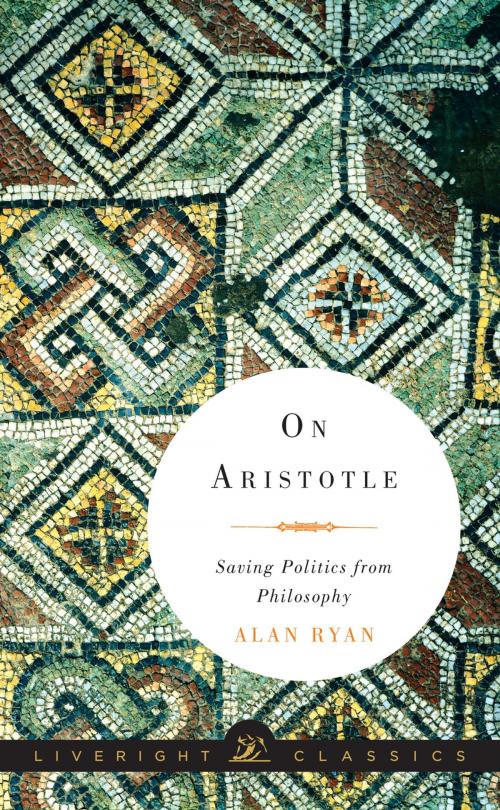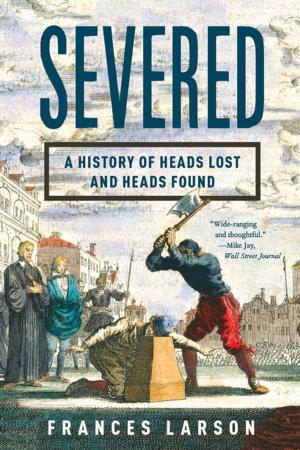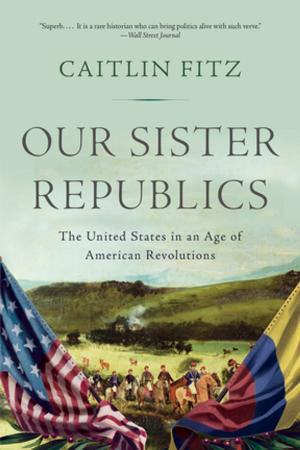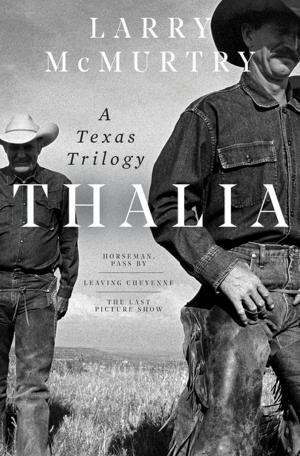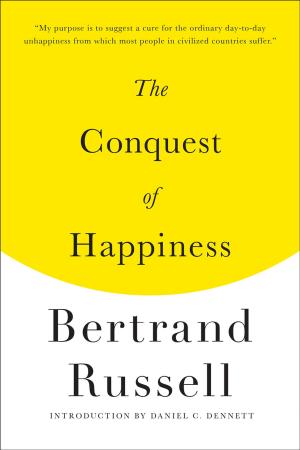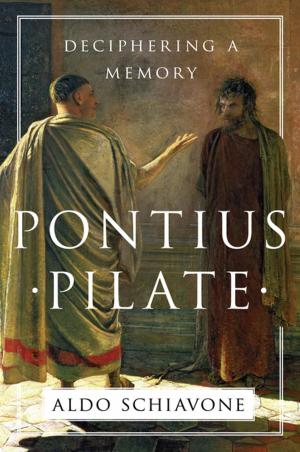On Aristotle: Saving Politics from Philosophy (Liveright Classics)
Nonfiction, Religion & Spirituality, Philosophy, Political| Author: | Alan Ryan | ISBN: | 9780871407498 |
| Publisher: | Liveright | Publication: | November 18, 2013 |
| Imprint: | Liveright | Language: | English |
| Author: | Alan Ryan |
| ISBN: | 9780871407498 |
| Publisher: | Liveright |
| Publication: | November 18, 2013 |
| Imprint: | Liveright |
| Language: | English |
An essential, comprehensive, and accessible guide to the life and works of Aristotle.
In On Aristotle: Saving Politics from Philosophy, Alan Ryan examines Plato's most famous student and sharpest critic, whose writing has helped shape over two millennia of Western philosophy, science, and religion. The first thinker to posit that a society should be ruled by laws and not men, Aristotle was born in Stagira, Macedon, in 384 BCE. He would go on to join Plato's Academy and eventually become tutor to Alexander the Great. During his lifetime he would see the revival of Athens following its destruction in the Peloponnesian War, before the ultimate extinction of its radical form of democracy after the Macedonian conquest. Aristotle’s strongly empirical cast of mind was brought to bear on a stunning range of subjects, from rhetoric to physics, from the history of political institutions and mathematics to zoology and botany. The resulting system dominated European thought from the thirteenth to seventeenth centuries.
In Nicomachean Ethics and Politics—both excerpted here—Aristotle attempted to delineate the ideal virtues of a both public and private life as well as critique the utopian antipolitics of his former teacher, Plato. For Aristotle, life in a polis was the natural state of man and provided the greatest opportunity for human beings to fulfill their potential. Unlike his scientific theories, which would eventually be displaced by Galileo, Newton, and Darwin, Aristotle’s meticulous thinking on the nature of human affairs, ethics, politics, citizenship, and virtue in a civil society remains as vital today as it was in his own time.
An essential, comprehensive, and accessible guide to the life and works of Aristotle.
In On Aristotle: Saving Politics from Philosophy, Alan Ryan examines Plato's most famous student and sharpest critic, whose writing has helped shape over two millennia of Western philosophy, science, and religion. The first thinker to posit that a society should be ruled by laws and not men, Aristotle was born in Stagira, Macedon, in 384 BCE. He would go on to join Plato's Academy and eventually become tutor to Alexander the Great. During his lifetime he would see the revival of Athens following its destruction in the Peloponnesian War, before the ultimate extinction of its radical form of democracy after the Macedonian conquest. Aristotle’s strongly empirical cast of mind was brought to bear on a stunning range of subjects, from rhetoric to physics, from the history of political institutions and mathematics to zoology and botany. The resulting system dominated European thought from the thirteenth to seventeenth centuries.
In Nicomachean Ethics and Politics—both excerpted here—Aristotle attempted to delineate the ideal virtues of a both public and private life as well as critique the utopian antipolitics of his former teacher, Plato. For Aristotle, life in a polis was the natural state of man and provided the greatest opportunity for human beings to fulfill their potential. Unlike his scientific theories, which would eventually be displaced by Galileo, Newton, and Darwin, Aristotle’s meticulous thinking on the nature of human affairs, ethics, politics, citizenship, and virtue in a civil society remains as vital today as it was in his own time.
